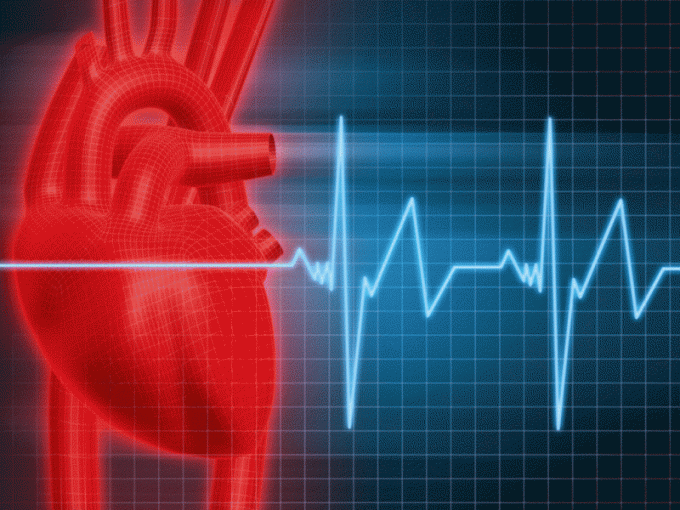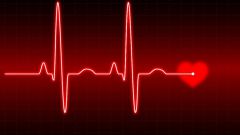The value of sinus rhythm
Sinus rhythm means that the heart is normal, operation is stable and clear. If an electrocardiogram, the teeth R on it have a constant form, the distance p-P or R-R are identical, heart rate per minute 60 to 80 beats.
When heart rate varies, the height of the teeth R, and the distance between them is different on the ECG, therefore, there is a weakness of the sinus node or by the source of rhythm is another node of the heart.
With the help of special diagnostics it is possible to install, what is the reason: the problems of autonomic system the sinus node or its pathology. When the doctor in deciphering ECG writes that sinus rhythm was normal – therefore, your heart is fine.
In cases where sinus rhythm is broken, there may be heart block and arrhythmias. Various disturbances in the consistency, regularity and frequency of heartbeats are called arrhythmia.
Heart block may occur during changes in the transmission of impulses from the nerve centre to the heart muscle. Fast pace evidence of tachycardia, slow - bradycardia. When the heart beats with a frequency of less than 50 and more than 90 beats per minute – this indicates the presence of a disease, in this case, you must immediately consult a specialist.
Causes of disorders of sinus rhythm
Violations of the sinus rhythm of the heart can occur at any age. The reasons for this phenomenon can be cardiomypathy, heart disease, infectious endocarditis.
Increased physical, emotional and psychological stress can also be one of the causes of the disease. In most cases arrhythmias of the heart in no way affects the health of the person and may be discovered accidentally.
The child has this disease can be from birth, it is connected with the non-simultaneous development of body and internal organs. If the child complains of pain in region of heart, faints, feels weakness and dizziness – you need to contact the doctor and do an electrocardiogram.
In children the cause of cardiac arrhythmias may be adverse pregnancy and birth and associated birth defects, endocrine changes, lack of magnesium and selenium, a variety of intoxication.
Once the survey is complete and will determine the causes of abnormalities in the heart, the doctor will prescribe the necessary treatment. Along with treatment, the child must provide a harmonious mode of study and rest, proper nutrition, bringing the heart back to normal.

